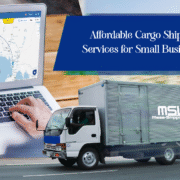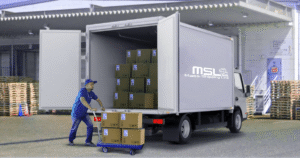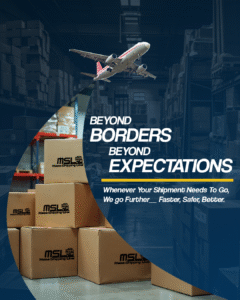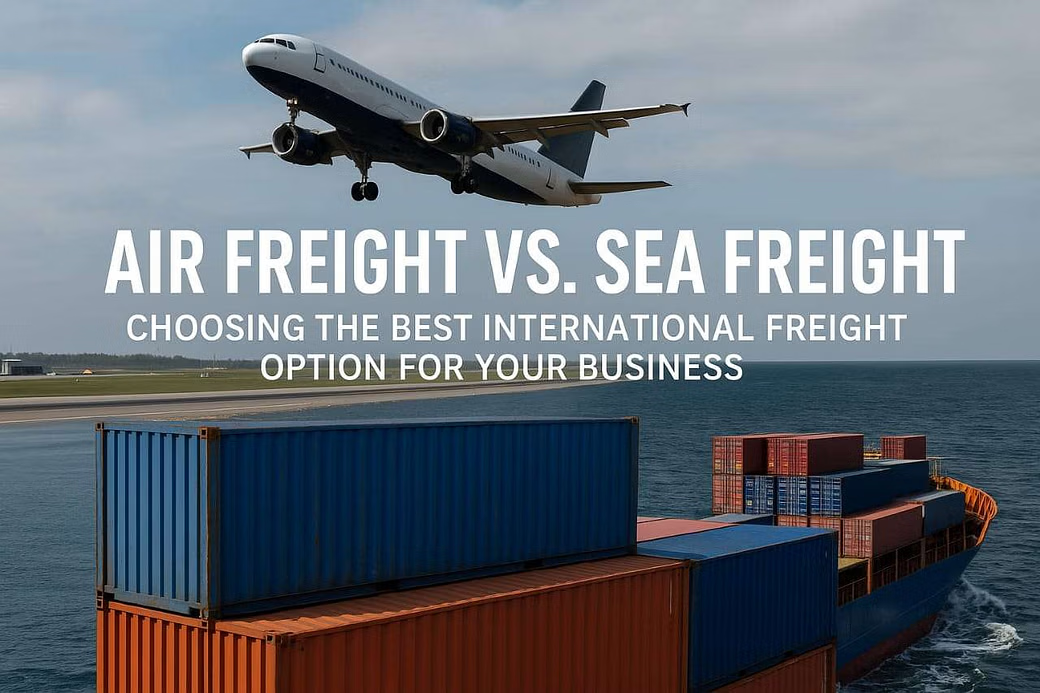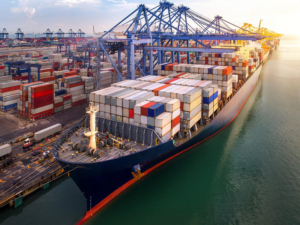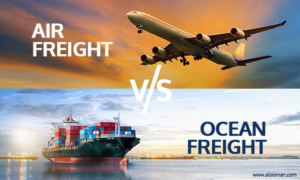How Air Freight Services Speed Up Your Deliveries
In today’s fast-moving world, speed matters more than ever. Whether you’re running a small business or managing global shipments, air freight services can help you deliver products to customers quickly and safely. Compared to sea or road transport, air cargo is the fastest way to move goods across borders.
If your goal is to improve customer satisfaction, reduce transit time, and grow your business internationally, air freight is one of the smartest shipping solutions available.
1. What Is Air Freight Shipping?
Air freight shipping is the transportation of goods by air through cargo planes or commercial aircraft. It allows companies to send packages and bulk shipments around the world in a matter of hours or days, instead of weeks.
Unlike traditional shipping methods, air freight is designed to prioritize speed, safety, and time-sensitive delivery. This makes it ideal for industries that need quick supply chain solutions such as fashion, electronics, pharmaceuticals, or perishable goods.
2. Why Air Freight Is Faster Than Other Shipping Methods
One of the biggest advantages of air freight is its unmatched speed. Here’s why:
-
Direct routes – Flights connect major cities and hubs quickly.
-
Short transit time – Goods can be delivered within 1–3 days internationally.
-
Fewer delays – Less time at borders compared to land or sea freight.
-
Efficient tracking – Real-time tracking helps manage delivery schedules.
Where a sea shipment might take weeks to arrive, air cargo can reach its destination in just a few days. This speed is crucial for businesses that rely on just-in-time delivery or fast product turnover.
3. How Air Freight Helps Businesses
Businesses that use air freight services can offer faster delivery, better customer experience, and more flexible supply chain options.
Benefits include:
-
Faster product availability in different markets
-
Boosted customer satisfaction through quick delivery
-
Improved inventory control with reliable schedules
-
Easier global expansion
By reducing shipping time, companies can respond quickly to market demand and stay ahead of competitors.
4. Reliable and Secure Transportation
Air freight is not only fast — it’s also one of the most secure shipping methods. Airports have strict security measures, making it less likely for goods to be lost or damaged during transit.
-
Advanced cargo handling systems
-
Controlled environments for sensitive items
-
Real-time monitoring and updates
This reliability builds customer trust and ensures that urgent or valuable shipments reach their destination on time.
5. Ideal for Time-Sensitive Shipments
Not all shipments can wait weeks to arrive. Products like medical supplies, fashion trends, spare parts, or electronics often need to reach their destination urgently.
Air freight gives businesses the confidence that these critical shipments will arrive:
-
On time
-
Safely
-
In perfect condition
This makes air cargo especially important for industries that depend on speed and precision.
6. Expanding Your Global Reach
With air freight, even small businesses can reach international markets quickly. Airlines connect almost every major city worldwide, making it easier to sell and deliver products across continents.
Benefits of global air freight shipping:
-
Access to new markets
-
Frequent flight schedules
-
Better global customer service
Whether you’re delivering to Europe, Asia, or the Middle East, air freight gives your business a competitive edge.
7. Cost vs. Speed: A Smart Investment
Yes, air freight can cost more than sea or road shipping, but the speed and reliability often make it worth the investment.
-
Less storage cost due to quick movement
-
Better cash flow due to faster deliveries
-
Higher customer retention
For businesses with high-value or urgent shipments, air freight can actually save money in the long run.
8. How a Reliable Shipping Partner Helps
Choosing the right logistics company makes a big difference. A professional air freight service ensures:
-
Smooth documentation and customs clearance
-
Accurate delivery timelines
-
Dedicated customer support
A trusted shipping partner like mass-shipping.com provides end-to-end solutions so businesses can focus on growth while their shipments move safely and quickly.
9. Tracking and Transparency
Modern air freight solutions offer advanced tracking systems. Customers and businesses can monitor their shipments in real-time.
Benefits of tracking:
-
Know exactly where your shipment is
-
Get estimated arrival times
-
Build trust with customers
This level of visibility is especially important for international shipments.
10. Final Thoughts: Speed = Business Growth
In a world where fast delivery can make or break customer trust, air freight stands out as a powerful logistics solution.
It’s fast.
It’s secure.
It connects you to global markets.
By using air freight services, your business can grow faster, reach more customers, and stay ahead in a competitive market.
Ready to ship smarter and faster? Visit mass-shipping.com to get started today.
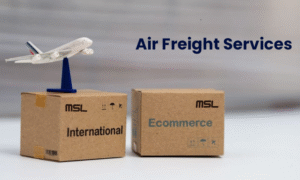
Summary Table: Why Choose Air Freight
| Feature | Benefit |
|---|---|
| Speed | Fastest international delivery |
| Security | Safe & reliable |
| Tracking | Real-time visibility |
| Global Reach | Connect to worldwide markets |
| Customer Satisfaction | Happy and loyal customers |


